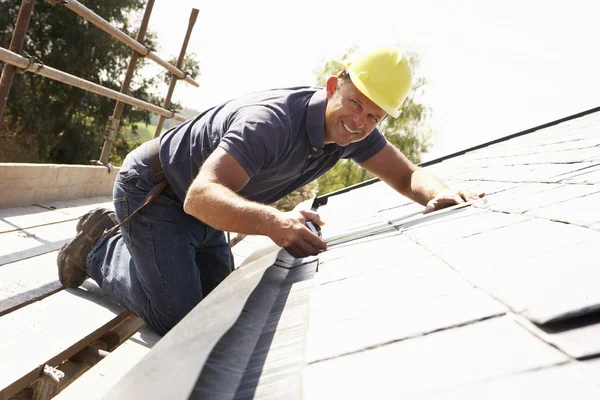Explore a contractor website for insights into their previous commercial roofing projects, and be sure to request photos as you gather valuable tips for your next commercial roof venture. Detailed written estimates from multiple contractors are also important for comparison. These should cover work details, materials, timelines, costs, and payment terms.
Look for significant differences in proposals to identify hidden costs or potential red flags. A lower estimate may indicate subpar work or a lack of detail.
1. Experience
Commercial roofing is a complex endeavor and requires expertise that only comes with years of experience. When choosing a local roofer, look beyond ratings and reviews to find out what type of projects the company has previously worked on.
A reputable contractor will also use quality materials to ensure the longevity of your roof system. They will stand behind their work with a warranty and will provide proof of licensing and insurance coverage.
Commercial property owners have a lot on their plate, and worrying about the potential damage caused by a leaky roof shouldn’t be one of them. Hiring a professional commercial roofing contractor will alleviate this stress, as they have the skills and resources to quickly repair any issues. They will also follow strict safety procedures and answer questions promptly.
2. Reputation
A contractor with a poor reputation in the industry may not be the best choice for your project. They will likely struggle with delivering quality work, meeting deadlines, and communication throughout the project.
A good place to start your search for a commercial roofing contractor is by asking for references. Contact these previous clients to ask about their experience with the contractor, including work quality, communication and adherence to timelines.
Another way to research a potential roofing contractor is by looking at reviews online. However, it is important to remember that not all reviews are accurate and should be taken with a grain of salt. You should also consider reaching out to other professionals in the industry who have experienced commercial roofing projects to ask for recommendations.
3. Insurance
Roofing contractors should carry commercial general liability insurance, which protects the company if falling debris damages a client’s property. They should also have commercial property insurance, which covers their buildings and contents; this includes any specialized tools and equipment that they use on the job. A business interruption policy is another important coverage, as it reimburses companies if they have to shut down operations for any reason, including natural disasters or fires.
Lastly, roofing professionals should have commercial auto insurance to cover any accidents that involve company vehicles. Additionally, they should secure workers’ compensation and surety bonds, which are required by some clients and government projects. A broker who specializes in commercial insurance can help roofing businesses select the right policies for their needs.
4. License
When selecting a commercial roofing contractor, property owners must look beyond client reviews and professional affiliations. Requesting proof of insurance and a license is a great way to determine whether or not a contractor is legitimate.
Most states require roofers to be licensed and insured, so it’s important to find one that is. Fortunately, many state licensing boards offer online tools that make it easy to verify a company’s insurance status.
Unlike residential roofing, commercial buildings often contain complex roofing systems that need to be installed correctly. Finding a licensed contractor that is qualified in these systems will ensure your business has quality workmanship backed by a manufacturer warranty. This will help you avoid costly repairs in the future. In addition, a well-written contract will help protect the contractor and your business in the event of an accident or work dispute.
5. Pricing
A commercial roof’s price is determined by the size of the building and the scope of work. Those factors will determine the amount of materials and labor needed to complete the job. Likewise, the roof’s slope plays a factor, as steeper roofs require higher-skill labor and special equipment to install.
Location also affects pricing, as roofing materials and installation methods differ from one region to the next. Local roofing companies know the challenges of local weather patterns and building codes, which can help them provide accurate estimates.
Lastly, the warranty a contractor offers can affect the cost of a project. Ask each bidder to detail the length and nuances of their warranty so you can compare them. Choosing a longer warranty may increase the upfront cost but can protect your investment from future concerns.
